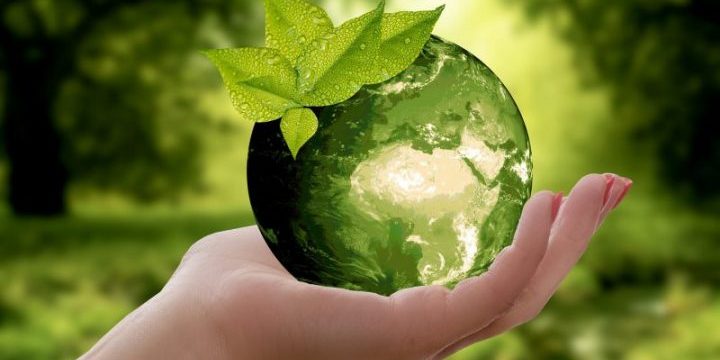Five Green Startups to Follow– As the world watches in horror the fires raging down under and the polar caps melting at an alarming pace, the startup ecosystem has a few ambitious ideas promising to help fix the world’s nasty carbon emissions problem. Here are the top five green startups that we feel have the potential to change the world as we know due to their revolutionary ideas on reducing carbon emissions and resource waste.
Impossible Foods
It is an open secret that meat farming is a major culprit with respect to global warming, from clearing forest land for grazing pastures to the monstrous quantities of methane released in the atmosphere due to barfing the industry is critically endangering the world at large to cater the meat demand of the world. To fix the problem Impossible Foods Inc. came up with the novel idea of creating meat and dairy tasting products from plant-based proteins. Not only does the idea have great potential to leave a green footprint but it also has the potential to achieve commercial viability with large chunks of the urban population going vegan globally. Impossible Foods Inc. has succeeded a total of $387 million so far from notable investors including Bill Gates and Google Ventures.
Holganix
Holganix is a startup that has thrived on making lawn care an organic and wholesome experience for the users. Holganix helps reduce fertilizer usage by up to 90% thanks to its organic ingredient-based products which contain naturally occurring microorganism that helps the soil in the growth of plant-based organisms and also a breakdown of decaying materials boosting the overall soil quality and in turn helping the plant growth. Holganix has aimed to cut down the usage of nitrates and phosphates by 50 Million Kgs annually in the short term. Holganix had managed to raise approximately $5 Million by the end of 2018 for expanding its operations.
Desolenator
Founded in 2014, Desolenator has aimed to use two of the most freely available and free materials on this earth to manufacture clean and safe drinking water i.e. Sunlight and seawater. Increasingly the world faces a shortage of freshwater resources while over 70% of the earth is water. Unfortunately, that water is seawater and isn’t fit for human consumption, animal consumption or water crops. Desolenator plans to use this abundant water source and using freely available solar power to provide highly affordable yet cheap drinking water to the masses. The use of solar energy makes its costs of operations bearable for even the most destitute parts of the world. The startup has received small funding and continues to look to expand.
Zunroof
While a lot of startups aim to bring innovative new products and services to take the world by storm, some like Zunroof are playing it smart rather than playing it hard. Zunroof brings nothing new to the table in terms of a breakthrough product or service but helped optimize the use of an existing product. The subcontinental market for solar energy has some roadblocks including the roof and house designs not being solar-friendly which has impeded Solar from reaching its true potential in such a sunny part of the world. Zunroof analyses such rooftops and designs the rooftop solar panels in a way so that maximum energy may be harnessed without having to remodel or redesign the house. Zunroof’s green commitment goes beyond its product offering too, with the office being paper and plastic-free. The digital form of communications is used while employees use reusable cups and utensils instead of paper ones which are considered a standard in the corporate environment for water and coffee dispensing.
Solidia
While cement is considered an indispensable part of our modern-day lives since it’s at the heart of almost every modern structure from roads to bridges to houses and schools, the emission count of cement industry is alarmingly high with cement sector being responsible for 7 percent of the total global greenhouse emissions. Solidia has looked to solve this problem by replacing the use of limestone in cement manufacturing with a synthetic material since the addition of limestone requires cement to lower heat and less energy than the standard methods followed in the cement industry. Thanks to this patented process, Solidia’s cement absorbs CO2 while hardening, in essence reducing the amount of Carbon Dioxide in the atmosphere. An estimate suggests that this results in a 70% lower carbon footprint and if replicated globally at mass production level this could revolutionize the fight against global warming and also making construction a greener and sustainable endeavor. Solidia has been commercially available for sale since August 2019 in the United States. Startup culture has helped revolutionize economies and helped usher in a new era of entrepreneurs and subsequently billionaires but that’s not all that startups are all about. Some ambitious startups like the five we mentioned above are helping reduce the carbon footprint and helping achieve sustainability while not compromising on our lifestyle and development patterns giving a chance to the next generation to salvage the planet.







